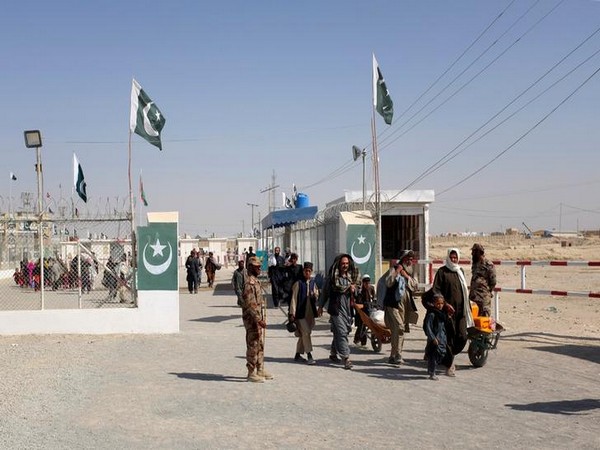
Pak govt, TTP agree to extend ceasefire indefinitely amidst ongoing negotiations to end militancy

Islamabad/Peshawar, May 31 (PTI) The Pakistan government and the banned Tehreek-i-Taliban Pakistan (TTP) have agreed to extend the ceasefire indefinitely amidst ongoing negotiations between the two sides to end the nearly two decades of militancy in the tribal region, bordering Afghanistan.
The ceasefire, which was to come to an end on the night of May 30, has been extended for an indefinite period, sources told PTI. The extension in ceasefire indicates significant progress in talks between the two sides in the Afghan capital Kabul, Dawn newspaper reported on Tuesday, citing sources familiar with the development.
The TTP, also known as the Pakistan Taliban, was set up as an umbrella group of several militant outfits in 2007. Its main aim is to impose its strict brand of Islam across Pakistan. The group, which is believed to be close to al-Qaeda, has been blamed for several deadly attacks across Pakistan, including an attack on army headquarters in 2009, assaults on military bases and the 2008 bombing of the Marriott Hotel in Islamabad.
Citing Sources, the paper said that the two sides had agreed to extend the ceasefire and continue peace talks following separate meetings with Mullah Muhammad Hassan Akhund, acting Prime Minister of the Taliban-led Afghanistan government, at his office the other day. These sources said that in his meetings with the two sides, the septuagenarian leader expressed his desire that the talks and ceasefire should be allowed to continue without any cut-off date.
In a subsequent joint meeting, the two sides agreed to extend the ceasefire indefinitely and pursue negotiations to end the conflict that has seen mass dislocation and killings of thousands of people in Pakistan’s tribal region and the country at large. Afghanistan’s interim Taliban government spokesman Zabihullah Mujahid and TTP spokesman Muhammad Khurasani had issued statements early this month, announcing extension in the ceasefire till May 30.
No official statement has been issued so far regarding the indefinite extension in ceasefire. The development follows days of “intense and extensive negotiations” in the Afghan capital attended by senior level delegations from the two sides that at one point seemed close to breakdown. Afghanistan’s acting Interior Minister Sirajuddin Haqqani, who is the central mediator, helped bring the talks back on track, sources said.
The Pakistan government had demonstrated its seriousness by acceding to some of the TTP’s demands after the Afghan Taliban suggested it would be important for confidence-building to move from preliminaries to formal and structured negotiations. The release of prisoners and presidential pardon to two key militant commanders, including TTP Swat spokesman Muslim Khan, was one such demand. The government has released 30 TTP prisoners after the talks and ceasefire.
Compensation for the dead and wounded, enforcement of Shariah regulation in Malakand, withdrawal of military from the borders and reversal of tribal areas merger into Khyber Pakhtunkhwa were key demands from the TTP side, sources said. The government had no issue with some of the TTP’s demands, but two major issues remained challenging: the reversal of tribal areas merger and the disbandment of the TTP as an armed militant group, they said.
The government delegates made it clear that the merger brought about through a constitutional amendment was not up for discussion and that tribal people were the main, important stakeholders. The TTP on its part had brought documents containing the commitment made by Pakistan’s founder Qaid-i-Azam Mohammad Ali Jinnah with the tribal people guaranteeing their autonomy in an independent Pakistan. They were told that the reversal of the merger would mean return to the Frontier Crimes Regulation which was a relic of the British Empire and did not contain anything that could be considered ‘Islamic.’ The disbandment of the TTP is another make-or-break issue, sources said.
The government has made it clear that no armed group would be allowed to enter Pakistan territory or operate as such. The next round of negotiations is expected to take place in the second week of June, sources said, with a tribal jirga holding direct talks with the TTP in Kabul. A 50-member jirga (council) consisting of prominent tribal elders from Pakistan’s restive region bordering Afghanistan will fly to Kabul on Wednesday for holding peace talks with the TTP, the paper said.

















POST COMMENTS (1)
Kalidan Singh